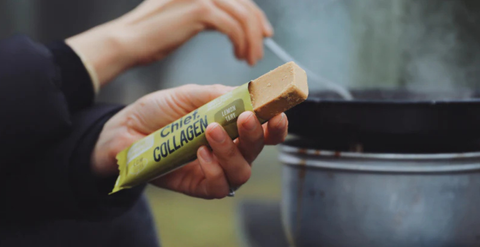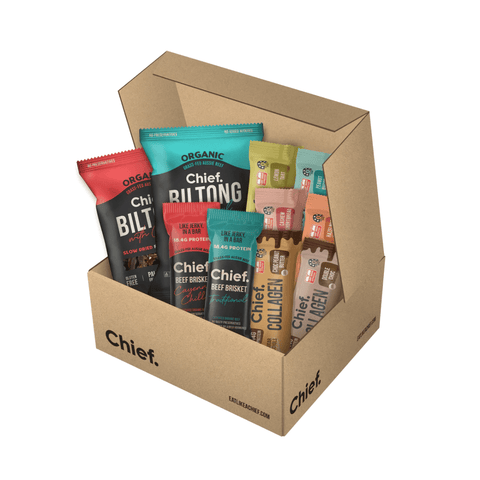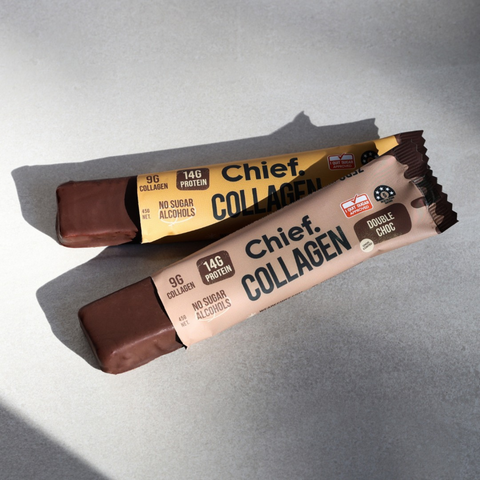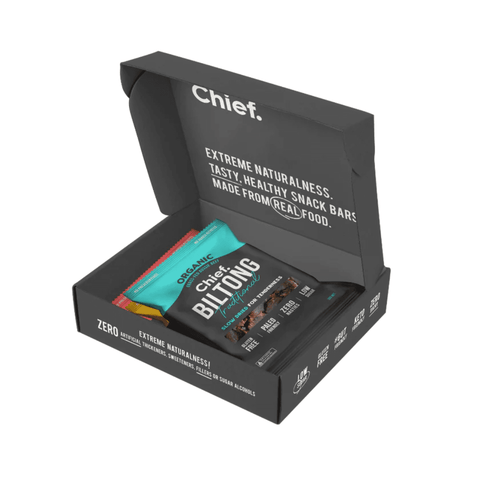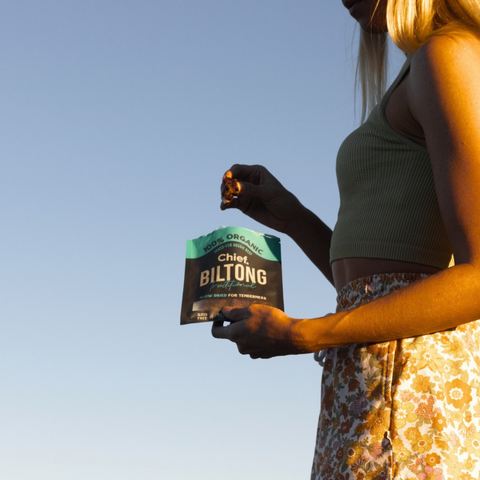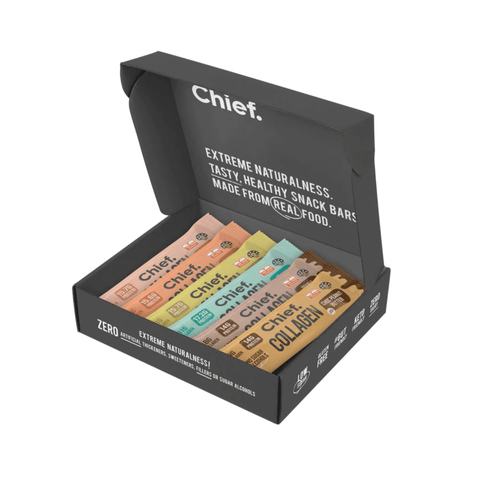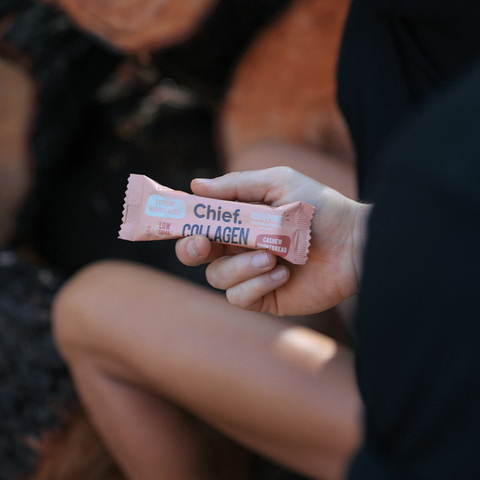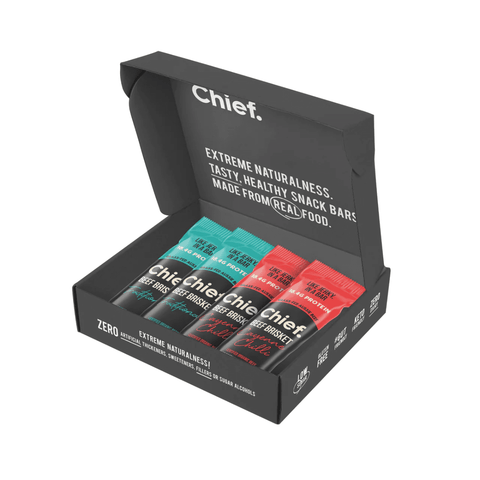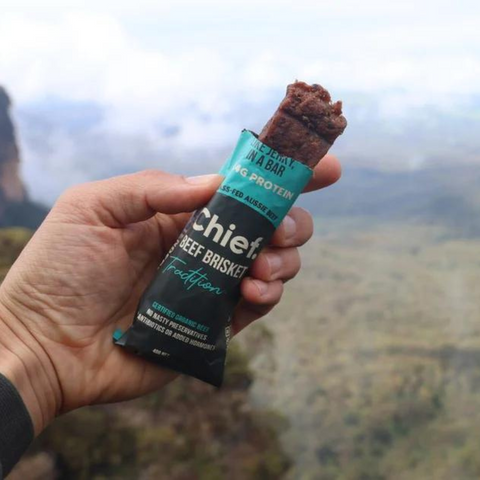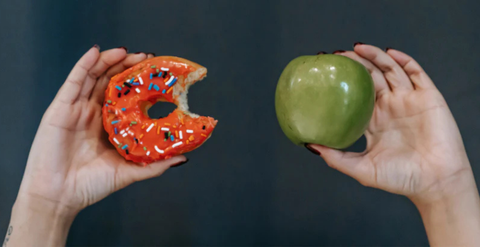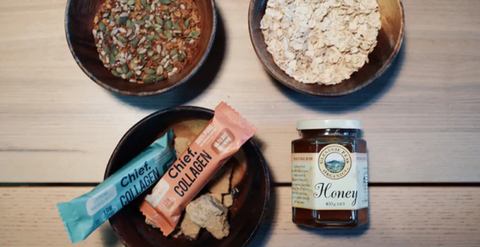Going shopping? You might have heard that you should stick to the perimeter of the supermarket rather than venture down the aisles if you want to eat healthily. That’s true – to a point!
The perimeter of most grocery store layouts contains fresh foods – fruit, veggies, meat, fish are some of the excellent fresh foods choices you’ll find there. But there are some others to be wary of, such as the bakery, dairy and deli areas of the perimeter where you will likely need to be more selective.
Equally, whilst the aisles are notorious for the packaged and processed foods we would do well to avoid, you will also find healthy choices here that are worthy of a spot in your pantry – such as canned fish, fruit (in juice) and vegetables (at a pinch), as well as minimally processed foods like nuts, seeds, herbs and spices. If you know what ingredients to look out for and how to read nutritional panels, you will also find other useful staples that are welcome additions to a healthy diet.
Here’s our general fridge-stocking guide – a clean eating list to help you choose the right foods and create not only a great bod but a calm state of mind.
Vegetables
All the green and colourful vegetables you can find: broccoli, sprouts, cauliflower, beans, asparagus, capsicum, beetroot, carrots etc. Basically, anything but white potato. Sweet potato and pumpkin are great though!
Why no potatoes? Potatoes are a high glyceamic food, that is, made up almost entirely of starch – long chains of glucose molecules that are readily absorbed by the body. For this reason, the high carb content of white potatoes can rapidly spike blood sugar levels, which over time can become a problem. Eating potatoes with their skins on helps to some degree to offset its blood-sugar spiking activity. But, better yet, if you must eat potatoes, eat cooked and cooled potatoes from the fridge. Once cooled, the starches in potatoes undergo transformation to become ‘resistant starch’ which is an undigestible carbohydrate that feeds your healthy gut bacteria and is less calorie dense than regular starch.
Salad
All the salad ingredients you can eat: lettuce, sprouts, tomato, avocado, cucumber, etc. Aim for colourful foods which are a sign of high antioxidant content.
Fruit
Fresh, in-season fruit, ideally organic if you’ll be eating the skin. Berries and apples are best in terms of not raising blood-sugar levels too much and containing good levels of fibre. Avoid dried fruits where the sugar content is intensified, and chemical-laden preservatives may be used to prevent spoilage.
Juices
No fruit juice (except a little lemon or pineapple to get your digestive juices going in the mornings), but feel free to drink fresh veggie juices to your heart’s content! Green smoothies made with spinach, kale and cucumber are a fab way to add extra greens to your diet. Add a frozen banana to make it taste a little sweeter! Why no fruit juice? It’s full of sugar but without any of the great fibre (blended fruit is ok).
Meat and Fish
Plenty of lean (ideally organic or at least grass-fed) protein sources, plus plenty of wild-caught fish, especially salmon and small white fish. Try not to rely solely on tuna as it’s usually got a lot of heavy metals in it, so it can be bad for long-term health. A small amount is OK though.
Eggs
Free Range Eggs; up to 2 per day is the new recommendation from the scientists. Boiled eggs are a great snack option when on the go!
Nuts
Unsalted nuts and seeds, or a Chief Collagen Bar will give you your daily recommended serve of nuts.
Snacks
There are plenty of options to choose from here. Vegetable sticks or fruit slices with nut butter or hummus, boiled eggs, a small handful of nuts all make great on-the-go snack options. Also, a smoothie mix with some fruit and a Chief collagen bar is a great idea that can easily turn your smoothie into a powerful snack.
Treats
Some treats are A-OK! Have a little dark chocolate, fruit salad or raw cacao. Yum! Just not too much and not too often.
Foods to avoid or limit
What about foods to be a little more wary of when grocery shopping? Keep reading to learn more about some other foods and food groups to pay a little closer attention to when shopping.
Dairy
Some dairy is OK (unless you suffer from acne, then cut it all out!) but always go for full fat, plain organic yoghurts and try to steer-clear of milk. No skim products (they’re full of sugar and can trigger cravings) and no soy milk or tofu (heavily processed and encourages your body to hold on to the not-so-good oestrogens, which means extra weight on the butt and thighs, eek!). When selecting cheese or yoghurts, goat/sheep milk options are generally better for weight loss and digestion.
Sugar
Try to only eat products that have 8g of sugar or less per 100g (or per serve if it is a portion you intend to eat completely!). Your body can’t handle more than this at any one time without stressing your liver and being forced to store excess as belly fat — and nobody wants that! For extra support in improving digestion and maintaining a healthier gut, check out our The Happy Belly Gut Guide eBook , which provides practical tips to keep your gut happy and balanced.
Soft Drinks
Speaking of sugar… soft drinks are loaded with sugar! If they’re sugar free, this is worse as they are sweetened artificially (this is terrible for you and can lead to weight gain as it makes you crave real carbs). Included in this are flavoured waters and sports drinks. Opt instead for pure H20 flavoured with lemon slices and mint, or sparkling water or organic Kombucha if you just can’t do without a fizzy hit!
Salt
Try to limit salty foods. If you like salt try Himalayan Crystal Salt which has loads more trace minerals and less negative side effects than normal salt.
Alcohol
No more than 2 drinks in one sitting… ever if possible! And try to have several alcohol-free days per week. This makes the biggest difference to your health and ability to keep your body in a ketogenic (fat burning) state. If you must drink, try switching to red wine or clear spirits (avoid the soft drink though, try mixing with soda!)
Carbs
Great sources of carbohydrates for when you’re craving carbs or need energy after training include sweet potato, corn, beans, rice, quinoa, seeds/nuts, fruit. Also, products made from sprouted buckwheat, millet, or amaranth can be good.
Gluten
Try to cut out gluten where you can. It increases inflammation in the body, which is not useful and dramatically increases your risk of illness, not to mention wrinkles (eek!), particularly later in life. Same goes for alcohol.

